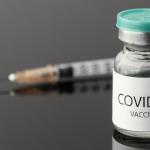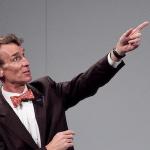Donuts, beer, college scholarships, cash, trucks, and even guns.
Science Communication
After more than a year of masking, social distancing and far too much time spent in isolation, pandemic fatigue has set it and Americans seem to be running out of anxiety to expend on COVID-19.
A little under five years ago, I wrote my farewell article for RealClearScience.
The following conversation with Great.com has been gently edited so that it reads well.
“Back in February we saw a dramatic example of world regulatory coordination. Around the world public health authorities were talking about treating this virus like they had treated all the others in the last few decades.
Several years ago, I received an invitation to attend a conference hosted by the Breakthrough Institute, an organization that promotes technological solutions to problems like climate change.
The biggest surprise when I became a science communicator nearly 10 years ago was the level of animosity and vitriol aimed at "experts," including scientists like me.
Last month, we reported that a Dutch journalist named Jannes van Roermund collaborated with the infamous troll and anti-GM
“We are all storytellers; we make sense out of the world by telling stories. And science is a great source of stories. Not so, you might argue. Science is an objective collection and interpretation of data.
When I was a kid, Bill Nye the Science Guy was a thing. I never watched his show (as I was too busy keeping up with Ren & Stimpy), but he seemed fun enough. If I could go back in time, I'd probably watch.











